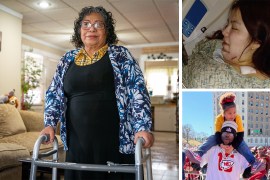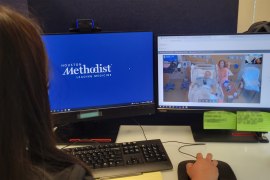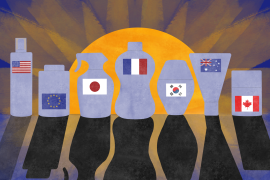Thai Didanosine Patent Case Serves as Example to Other Developing Countries, Lancet Viewpoint Piece Says
Thai AIDS advocacy groups' successful lawsuit against drug maker Bristol-Myers Squibb, in which BMS was forced to return to Thailand the patent for its antiretroviral drug didanosine, has "set an important precedent that essential drugs are not just another consumer product but a human right, and that patients are injured by patents," Nathan Ford, David Wilson, Onanong Bunjumnong and Tido von Schoen Angerer of Medicins Sans Frontieres write in a Viewpoint piece in the Feb. 14 issue of the Lancet (Ford et al., Lancet, 2/14). In October 2002, Thailand's Central Intellectual Property and International Trade Court ruled in favor of the AIDS Access Foundation, the Thai Network for People Living with HIV/AIDS and two AIDS patients and ordered BMS to amend its Thai patent on didanosine (Kaiser Daily HIV/AIDS Report, 10/2/02). Although BMS originally appealed the case, it dropped the appeal in January, according to the Lancet (Lancet, 2/14). As a result, BMS in January reached an agreement with the AIDS advocacy groups to return its patent for the antiretroviral drug didanosine to the country's Department of Intellectual Properties, which granted the patent in January 1998. In exchange, the Foundation for Consumers and three HIV-positive people agreed to settle a legal suit filed against the drug maker in 2002 (Kaiser Daily HIV/AIDS Report, 1/20). The opinion piece calls for all developing countries by 2005 to implement the Trade-Related Aspects of Intellectual Property Rights agreement in full because "[w]ithout the effective use of safeguards to ensure generic competition, the cost of all new medicines will largely depend on price setting by the patent holder." The authors add that developing countries will need assistance implementing TRIPS and "meeting their obligations under the Doha declaration ... in a way that protects public health and promotes access to medicines for all." The authors conclude, "Thailand's example can only be encouraged" (Lancet, 2/14).
This is part of the Morning Briefing, a summary of health policy coverage from major news organizations. Sign up for an email subscription.





